Last Christmas, a friend who happens to be an antiquarian bookseller posted on Facebook an image of what he took to be the first recorded instance of the expression “merry Christmas” in print. The book in question was An Itinerary VVritten by Fynes Moryson Gent (1617).
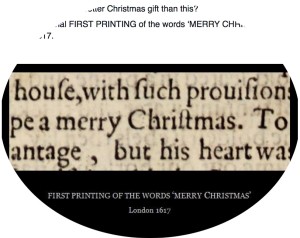 A basic search on the Early English Books Online Text Creation Partnership database shows that there were several occurrences of this expression prior to 1617, the first being Nicolas Breton, A Floorish vpon Fancie (1577).
A basic search on the Early English Books Online Text Creation Partnership database shows that there were several occurrences of this expression prior to 1617, the first being Nicolas Breton, A Floorish vpon Fancie (1577).
My friend protested that he was going by the Oxford English Dictionary, which does indeed give the 1617 work as the first occurrence of the expression with modern spelling:
But, clearly, OED has got it wrong!
I recently used this example to kick start a workshop on EEBO, and followed it with another example, this time one provided by Kenji Go, one of the attendees of the workshop. He did some work on the origin of the cosmic sense of space, published in Notes and Queries, showing that the earliest use of the word “space” to denote the place where the heavenly bodies are located predates the first usage cited in the OED (which at that time was given as Milton, 1667) by some 85 years. In response, OED has updated its entry:
While reading through Professor Go’s work, and checking through the OED entry, I couldn’t help but notice the close link between “space” as “cosmos” (sense 8 in OED) and space as physical extent or area (sense 7), especially Shakespeare’s usage in Hamlet:
Once again, a check on EEBO TCP shows that OED has missed a number of earlier references to “infinite space”, the earliest being A Sermon of Saint Chrysostome (1542). The usage that particularly interested me was in Sermons of Master Iohn Caluin, vpon the Booke of Iob (1574), “behold the heauen is of infinite space in cōparison, & yet we see it is borne vp by the only power of God” (p. 494). It seemed to me that the concept of space as physical extent or area was morphing here into the concept of space as cosmos; “heaven”, as used here, is not an abstraction, an idealized world unknowable while we are in this world, but something we can “behold” and “see”, that is, the place where the sun and the moon and the stars are.
A search on the Swiss database of early modern texts shows that the translation follows Calvin’s French exactly: “Or voila le ciel qvi a vne espace infinie”.
The page on the Swiss database is located here. In the French, as in the English, heaven is described as being of an infinite space, rather than as being, in itself, an infinite space, but it does begin to look as if the English concept of space as cosmos either owes something to French usage or developed in tandem with it.
Either way, the basic point is that this whole subject of the earliest usage of particular words and phrases is not something I have made a particular study of. My research interests are quite different, and these examples – “merry Christmas”, the cosmic sense of space and the expression “infinite space” – are just random examples that happen to have crossed my radar by chance. Doubtless, there are many more examples out there, and substantial revision of the OED is going to be needed in the light of the EEBO TCP database.
UPDATE:
OK, so the friend who put up the merry Christmas Facebook post now tells me he’s pushed “merry Christmas” back to 1534, in a letter from John Fisher to Thomas Cromwell.
I note though that here “merry” only has one “r”. Still, with the growth of online databases we are more and more being forced to acknowledge that whatever we think we know about the early modern period is provisional. I guess we’ll have to wait until early modern manuscript material goes text-searchable to get the real dope!
Call to action!
@Maggie_R_Scott Absolutely! And if every early modernist who uses EEBO TCP sent one entry a week it could be done in a matter of months!
— John Yamamoto-Wilson (@jyamamo) July 11, 2015
@Maggie_R_Scott Wow! I thought it was probably a lousy idea, but said it anyway! so maybe it’s an idea whose time has come!
— John Yamamoto-Wilson (@jyamamo) July 11, 2015
@sharon_howard OED made possible by the postage stamp and the collaboration of 1000s of individuals. Time to apply those principles again?
— John Yamamoto-Wilson (@jyamamo) July 12, 2015
@sharon_howard @Maggie_R_Scott Interesting take from a business insider: “OED r marketing a product. Upgrading their product is their job.”
— John Yamamoto-Wilson (@jyamamo) July 13, 2015
@sharon_howard @Maggie_R_Scott “…”Your research is more important.” But this cd. *be* a form of research, leading to N&Q publication, etc?
— John Yamamoto-Wilson (@jyamamo) July 13, 2015
Related posts:
Damned if we do! Using the EEBO TCP database
Using the Early English Books Online and Text Creation Partnership Databases
Digital humanities and resources; a selection of useful links

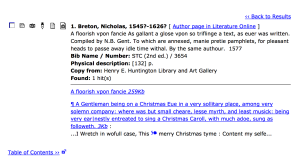
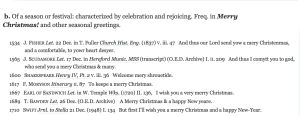
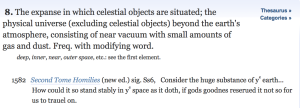
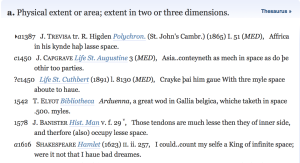
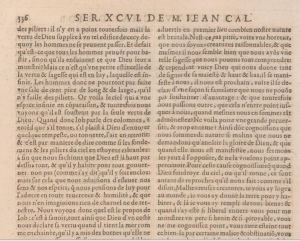
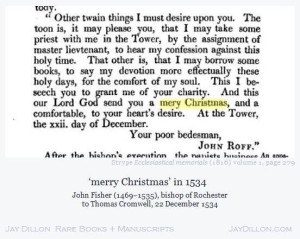

The OED and EEBO TCP http://t.co/8upJ9aZ6e6 http://t.co/5SdGLQ5xCD
The OED and EEBO TCP http://t.co/dGJtvXlRqA
The OED and EEBO TCP http://t.co/8upJ9aZ6e6 via @jyamamo
RT @jyamamo: The OED and EEBO TCP http://t.co/8upJ9aZ6e6 via @jyamamo
RT @jyamamo: The OED and EEBO TCP http://t.co/8upJ9aZ6e6 via @jyamamo
@jyamamo Manuscript letter of 1534: Fisher wishes Thomas Cromwell) a merry Christmas [sic]! http://t.co/N337vYuykR http://t.co/u1LG5BJ13k
About sources for origins of words and phrases http://t.co/EtVmbfUTVC
@StepBD Thank you for spreading this!
EEBO-TCP texts making more work for the OED 🙂 http://t.co/0WafNcDqUX
@sharon_howard More work indeed! Thank you for spreading the message.
@jyamamo You can submit new evidence to the OED via an online form: http://t.co/NX5LhUFj4q
The OED and EEBO TCP http://t.co/WMRTUDacDp via @jyamamo